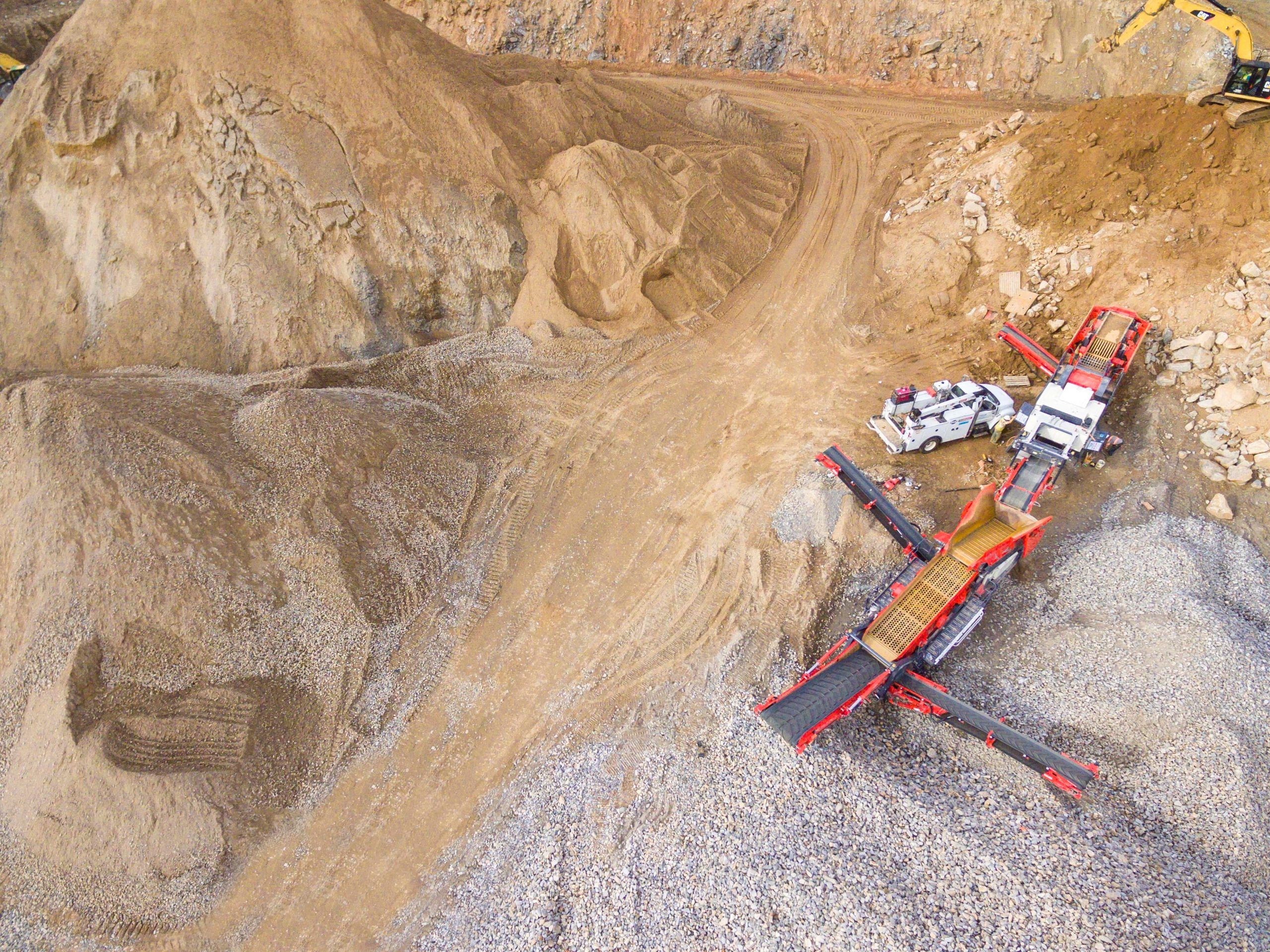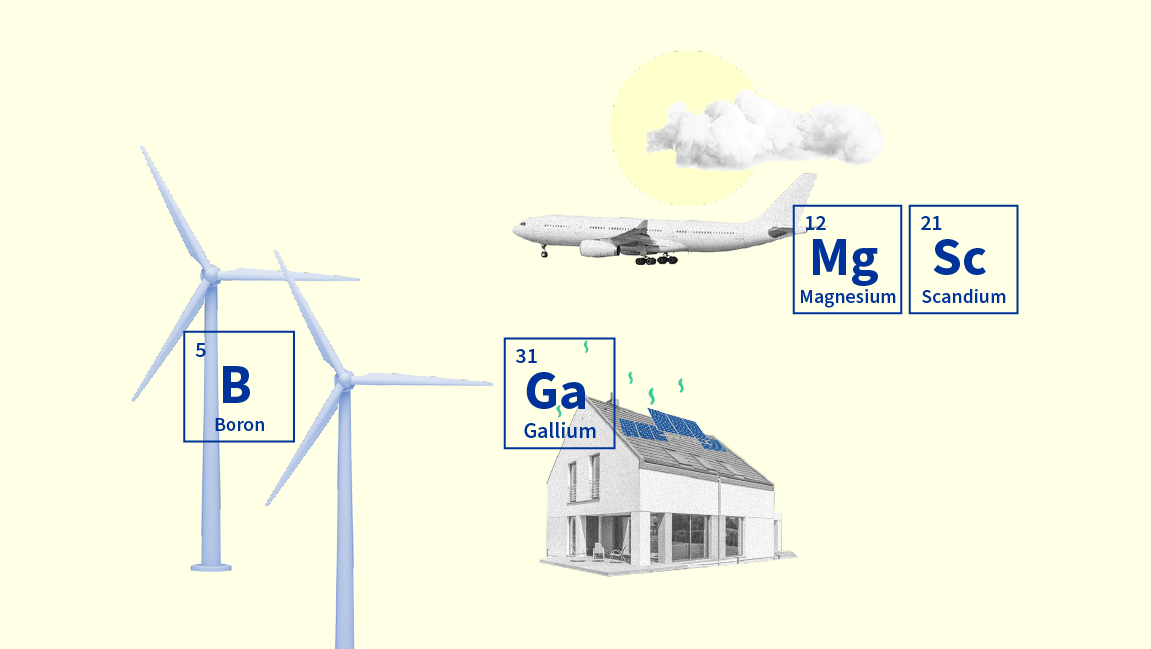The Council and the European Parliament today reached a deal on the proposed regulation establishing a framework to ensure a secure and sustainable supply of critical raw materials, better known as the Critical Raw Materials Act. The agreement is provisional, pending formal adoption in both institutions.
The political agreement reached today keeps the overall objectives of the original proposal but strengthens several elements. It includes aluminium in the list of strategic and critical materials, reinforces the benchmark of recycling, clarifies the permitting procedure for strategic projects, and requires relevant companies to perform a supply-chain risk assessment on their sourcing of strategic raw materials.
Ensuring the supply of raw materials locally and globally
The Commission’s proposed regulation establishes a list of 34 critical raw materials (including 16 strategic ones) and sets targets to increase the EU contribution of these substances (10% for the extraction; 40% for the processing and 15% for the recycling). To achieve this, the proposal called for a quick and simplified permit procedure for strategic extracting projects, to be dealt by a single national contact point. It also called for risk analysis of possible dependencies, member states’ exploration plans, higher investment in research, innovation and skills; and protection of the environment by promoting the circularity and sustainability of raw materials.
On the global stage, the regulation identified measures to diversify imports of critical raw materials ensuring that not more than 65% of the Union’s consumption of each strategic raw material comes from a single third country.
Main elements of the agreement
The provisional agreement adds one critical raw material (aluminium) to the list of strategic raw materials (hence, 34 critical raw materials and 17 strategic raw materials). The compromise text also considers that in addition to the natural graphite (which already in the list) the synthetic graphite will also be a strategic raw material during a period of three years, until the Commission makes the first revision of the list.
Furthermore, the agreement allows that projects able to produce innovative raw materials that substitute strategic raw materials in relevant technologies can be candidates to become strategic projects
Member states will have the possibility to object on whether a project will be developed in their member states.

Horizon Europe: Technologies for extraction and processing of critical raw materials |
Realistic benchmarks
The provisional agreement keeps the benchmarks of 10% for extraction of raw materials and 40% for processing but increases the benchmark for recycling to at least 25% of EU’s annual consumption of raw materials. In addition, there should be substantial increase on the recovery of raw materials present in waste.
Promoting technologies to moderate consumption
The co-legislators propose that 18 months after the entry into force of the regulation, the Commission shall present a report on the estimated consumption of each critical raw material for the next three decades. .
Points of single contact
According to the different administrative systems of each country, member states will be able to designate one or several “”, at the level they decide (local, regional or national) and the different stages of the value chain (mining, processing, recycling). Promoters of strategic projects will have a “relevant administrative unit” in these points of single contact who will facilitate the permit granting process for the project.
Permitting procedure
The provisional compromise also unifies the timings of the permit procedure. The total duration of the permit granting process should not exceed 27 months for extraction projects and 15 months for processing and recycling projects. While the first step of the environmental impact assessment (the production of the report, which must be conducted by the project promoter) will be not included in the time-line for the project approval, the public consultation needed for an environmental impact assessment will be part of the total duration of the permit process.
Company risk preparedness
Large companies exposed to shortages of strategic raw materials in strategic technologies (i.e. battery manufacturers, hydrogen producers, renewable energy generators, data transmission and storage, or aircraft production) will have to regularly carry out a risk assessment of their supply chain of strategic raw materials, which they may present to their board of directors, mapping where the materials come from, what can affect their supply and what are the vulnerabilities to supply disruptions.
Background
The Critical Raw Material Act, together with the Net Zero Industry Act and the Reform of the electricity market design is one of the flagship legislative initiatives of the Green Deal Industrial Plan that the Commission presented on 1st February 2023. The three were presented as a package on 16th March. The Council adopted the negotiation mandate on 30th of June.
More information: Council of the EU







Leave a Reply